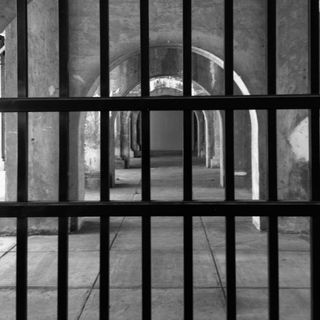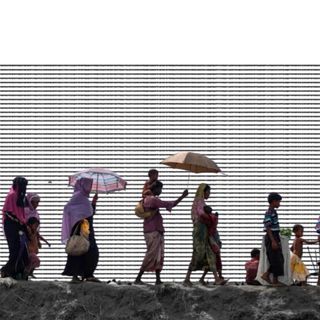The Delhi High Court has asked the state government to notify its progress regarding the setting up of review boards it is required to establish under the Mental Healthcare Act, 2017 (MHA), which came into force three years ago in May 2018.
Under the MHA, a Mental Health Review Board (MHRB) is assigned the responsibility to “adjudicate complaints” regarding deficiencies in providing mental health care and services. In its absence, citizens don’t have a forum they can approach for redressal of their grievances in accessing mental healthcare.
The court’s decision was prompted by a petition filed by a 19-year old man, who drew the attention of the judiciary to the absence of an MHRB in Delhi. The petitioner had told his psychiatrist that he was “exploring his sexual orientation and was fearful of his parents’ reaction to his sexuality.” However, in violation of doctor-patient confidentiality, as well as the patient’s right to privacy, the psychiatrist revealed their discussions around his sexual orientation to the man’s mother, the petition claims.
Following this, the petitioner approached the MHRB to initiate action against his psychiatrist; however, he was informed that an MHRB had not yet been constituted. Instead, a body constituted under India’s erstwhile mental health statute, which has now been repealed, continues to function in place of the MHRB. The petition termed this a “gross violation of the [MHA].”
This led Justice Prathiba Singh, who was hearing the petition, to seek answers from the legal counsel of the Delhi government regarding the non-implementation of statutory bodies. At present, the counsel has sought time to file an official response.
Related on The Swaddle:
SC Notice Asks Indian Insurance Regulatory Body Why There Is Still No Coverage for Mental Health
This isn’t the first time that a High Court in India has been forced to rebuke a state for not following through with the implementation of the MHA — just last month, the Karnataka High Court censured the state government for its failure to constitute requisite bodies mandated under the MHA. In addition, reports suggest that several other states, including Madhya Pradesh, Punjab, and Manipur are yet to constitute review boards, just like Delhi — leaving residents without any recourse for their grievances.
Moreover, the government’s annual budget for 2020-2021 allocated just Rs. 40 crores to the country’s mental health program, which doesn’t even come close to the estimated cost of implementing the MHA — a cost pegged at Rs. 94,073 crores. While the reason behind the poor implementation of the MHA is unclear, this suggests a lack of funds could possibly be a factor holding the state machinery back.
Despite the lacunae in its implementation, experts believe that the MHA can still achieve what it set out to — but only if stakeholders continue to push the state, in a bid to keep it accountable. “I’m still optimistic. If you look at the older Mental Health Act — the one passed in 1983 — even at the time of its repeal around 30 years later, it had not even been fully implemented. If you compare that to the current tag, which is only three years old, then you see there’s a lot of activity happening and people are going to court people and advocating talking about it,” Dr. Soumitra Pathare, director of the Centre for Mental Health Law and Policy at the Indian Law Society in Pune, told The Swaddle in February.
The present petition appears to be a push in the right direction, then — just as Dr. Pathare prescribed.




